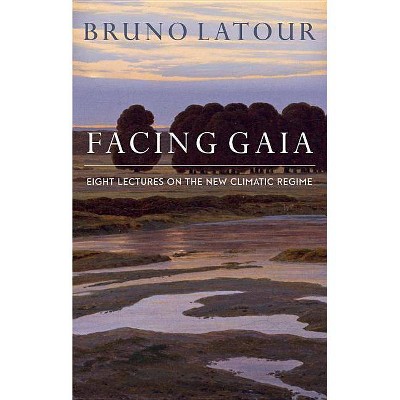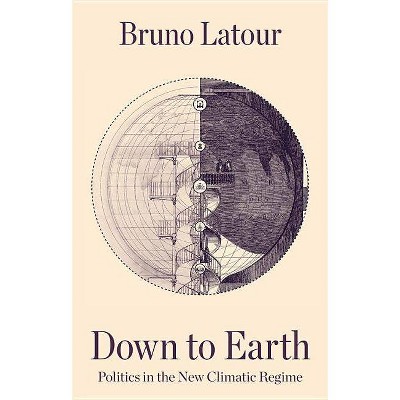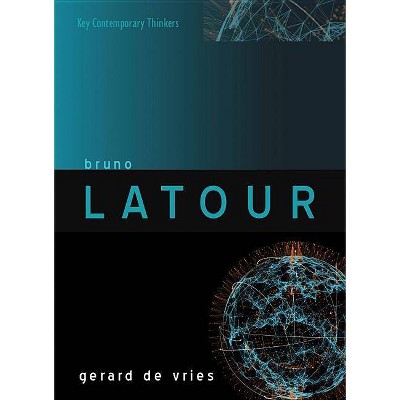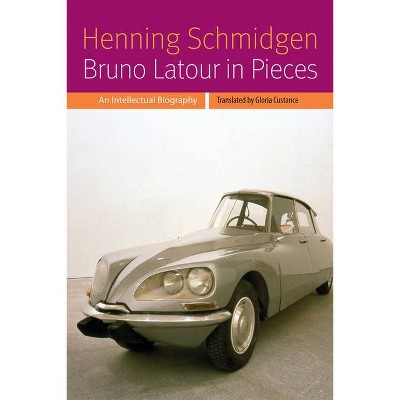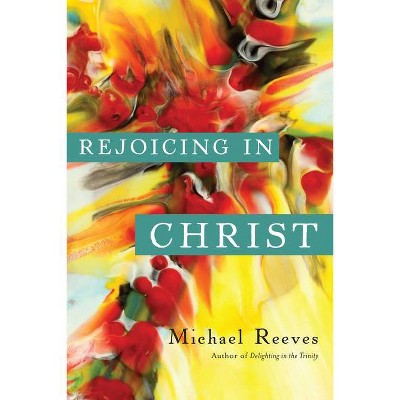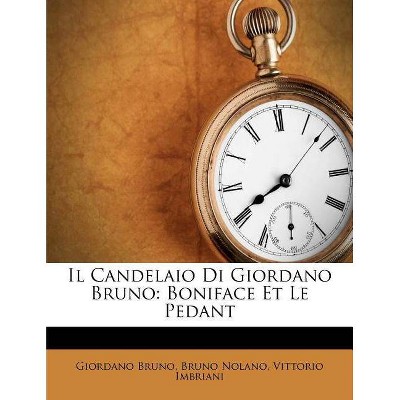Rejoicing - by Bruno LaTour (Paperback)
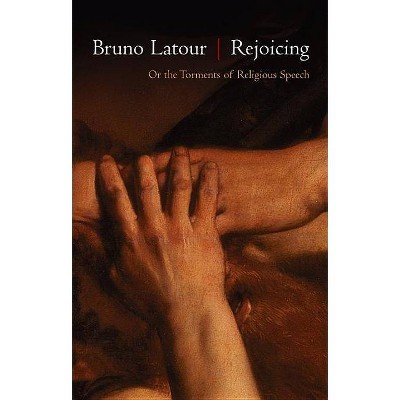
Similar Products
Products of same category from the store
AllProduct info
<p/><br></br><p><b> About the Book </b></p></br></br>Bruno Latour's long term project is to compare the felicity and infelicity conditions of the different values dearest to the heart of those who have 'never been modern'. After his work on science, on technology and, more recently, on law, this book explores the truth conditions of religious speech acts.<p/><br></br><p><b> Book Synopsis </b></p></br></br>Bruno Latour's long term project is to compare the felicity and infelicity conditions of the different values dearest to the heart of those who have 'never been modern'. According to him, this is the only way to develop an anthropology of the Moderns. After his work on science, on technology and, more recently, on law, this book explores the truth conditions of religious speech acts. <br /> <br /> Even though there is no question that religion is one of the values that has been intensely cherished in the course of history, it's also clear that it has become immensely difficult to tune in to its highly specific mode of enunciation. Every effort to speak in the right key sounds awkward, reactionary, pious or simply empty. Hence the necessity of devising a way of writing that brings to the fore this elusive form of speech to render it audible again. In this highly original book, the author offers a completely different tack on the endless 'science and religion' conflict by protecting them both from the confusion with the notion of information. Like The Making of Law, this book is one more attempt at developing this 'inquiry on modes of existence' that provides an alternative definition of society.<p/><br></br><p><b> Review Quotes </b></p></br></br><br><p>In a book both informative and transformative, Latour may well have succeeded in his aim to 'reboot the teeniest hint of a beginning of a religious sentiment'<br /> <b>Southern Semiotic Review</b><br /> <br /> <i>Rejoicing</i> is a kind of meditation: Latour has composed, in Yeats' phrase, a dialogue of self and soul."<br /> <i><b>Chicago Tribune</b></i><br /> <br /> In this honest, profound yet accessible book, a distinguished French scholar and public intellectual carries on an agonized dialog with himself as he faces the obstacles to religious faith today - and then points toward a resolution. As I read, I felt he had climbed into my soul.<br /> <b>John O'Malley, Georgetown University<br /> <br /> </b><i>Rejoicing</i> constitutes a creative, thought-provoking and impressive blend of, and reflection upon, learning and traditions.<br /> <b>Rebecca Catto, Coventry University</b></p><br><p/><br></br><p><b> About the Author </b></p></br></br>Bruno Latour is one of the world's leading sociologists and anthropologists. He taught at the École des Mines in Paris from 1982 to 2006 and he is now Professor and Vice-President for Research at Institut d'études politiques (Sciences Po). His many books include <i>Laboratory Life</i>, <i>We Have Never Been Modern</i>, <i>Reassembling the Social</i> and <i>The Making of Law</i>.
Price History
Price Archive shows prices from various stores, lets you see history and find the cheapest. There is no actual sale on the website. For all support, inquiry and suggestion messages communication@pricearchive.us
